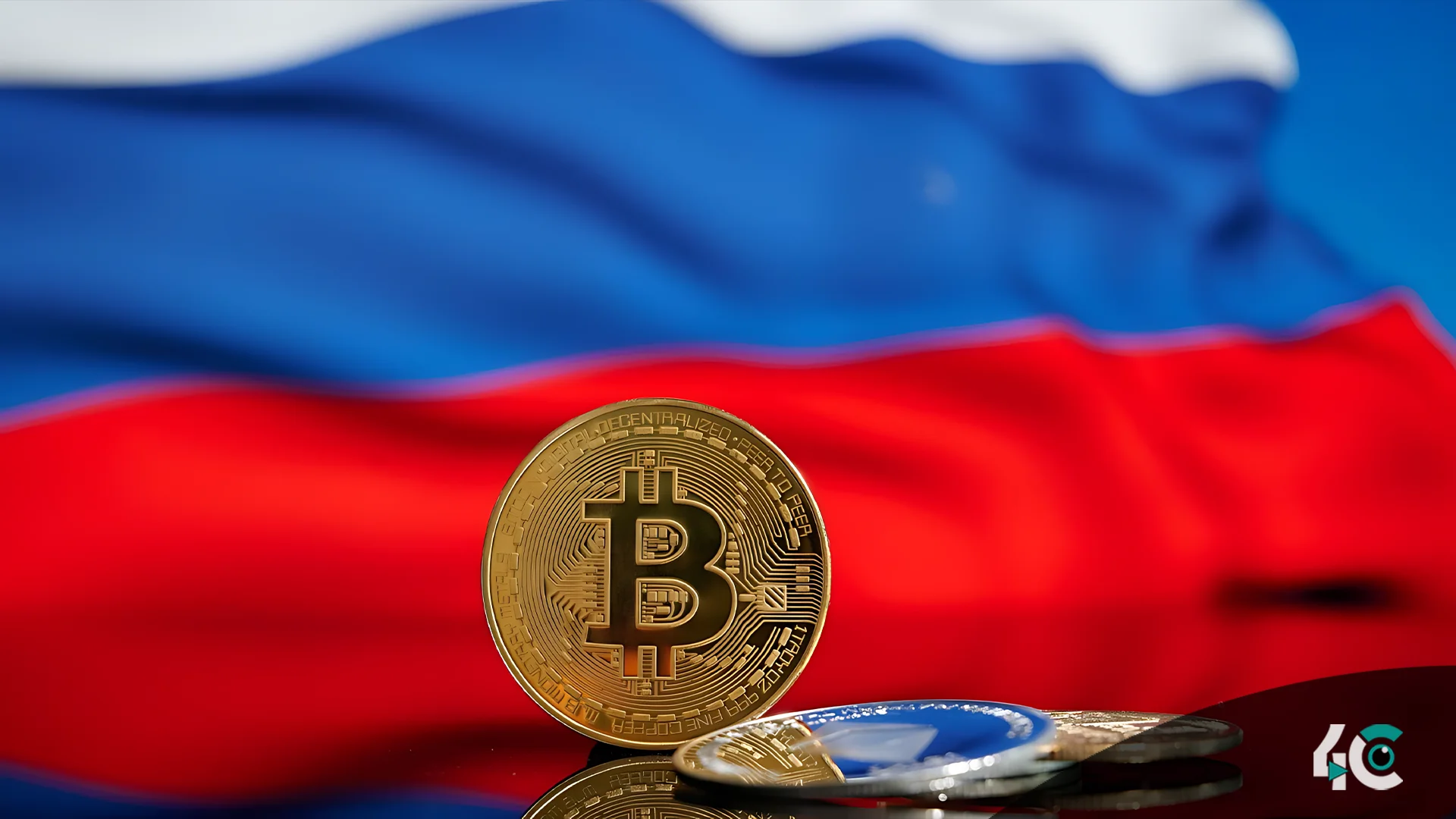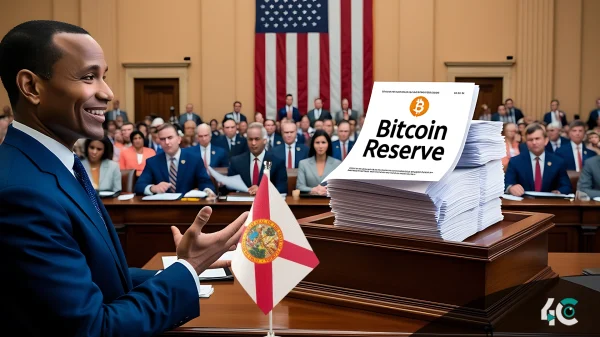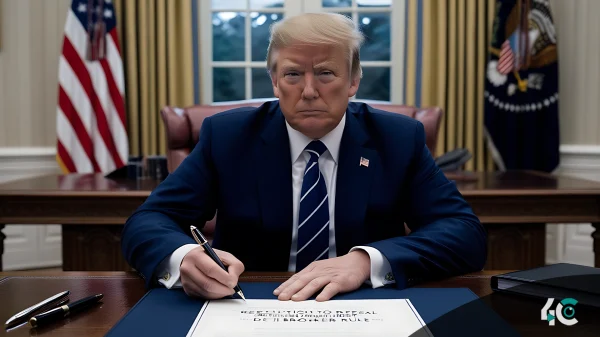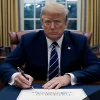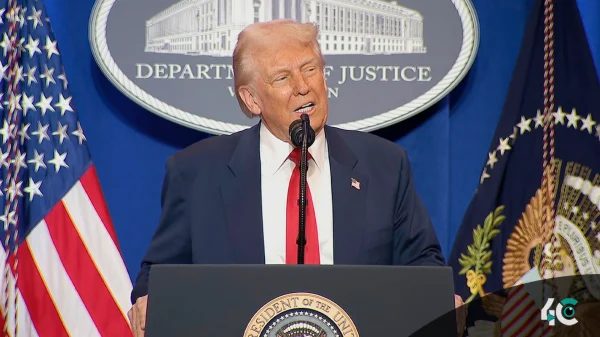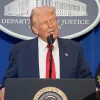Russia’s approach to offset Western sanctions is progressively using Bitcoin and other digital financial assets (DFAs) in foreign trade. Confirming the development, Finance Minister Anton Siluanov underlined its significance in overcoming trade obstacles with important partners.
Western sanctions have lately hindered Russia’s capacity for world trade. Many international banks hesitate to process transactions with Russian entities due to regulatory scrutiny. In response, Russia has embraced cryptocurrencies as an alternative to traditional payment systems like the U.S. dollar or SWIFT.
Legislative changes introduced earlier this year have paved the way for using Bitcoin in foreign trade. According to Siluanov, Russian companies have already conducted transactions using Bitcoin, and the government plans to expand its implementation further.
“This marks a major step toward modernizing settlement systems,” Siluanov said, characterizing digital payments as a forward-looking answer for world trade.
Additionally, Russia has ramped up cryptocurrency mining efforts, leveraging its resources to position itself as a leader in the industry. This move aligns with the broader strategy to support digital transactions and reduce reliance on traditional financial mechanisms.
President Vladimir Putin recently underscored the significance of this shift, criticizing the U.S. for politicizing the dollar and urging the exploration of alternative assets like Bitcoin. He emphasized that no nation can control or restrict the decentralized nature of digital currencies, making them a viable option for international payments.
As Russia continues to navigate geopolitical and economic challenges, its adoption of Bitcoin in global trade highlights a broader trend toward digital transformation in commerce.





































